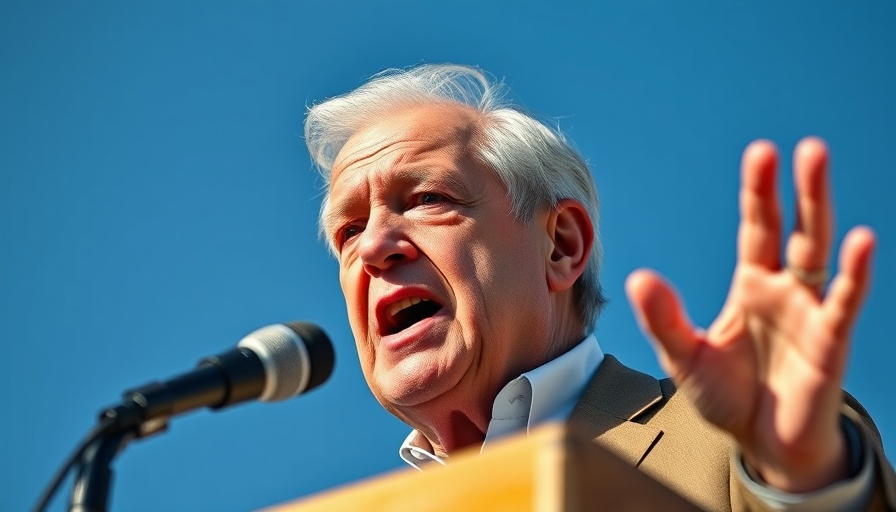
Francis Collins: From Admired Leader to Target of Criticism
Once celebrated as a pioneering geneticist who led groundbreaking initiatives like the Human Genome Project, former NIH director Francis Collins now finds himself deeply concerned for his safety. Speaking at the Stand Up for Science rally near the Lincoln Memorial, Collins faced a warning from an agitated protester, a stark reminder of the intense scrutiny and hostility directed at public health officials since the onset of the COVID-19 pandemic.
Fear and Safety: A New Reality for Collins
In a candid moment, Collins revealed to STAT that he has recently hired security for his home, believing that the more vocal he becomes about the ongoing health crises, the more he exposes himself to threats. "I can't go hide under my desk," he expressed, highlighting the ongoing tension between holding public office and managing personal safety in an increasingly polarized environment.
The Evolving Narrative of Public Health Officials
Collins's journey illustrates a larger trend affecting public health leaders across the U.S. While he was initially lauded by both Democratic and Republican lawmakers, the once harmonious relationship has soured. Critiques have intensified, particularly surrounding decisions made during the pandemic. The controversial funding of gain-of-function research has fueled conspiracy theories linking the NIH to the origins of the virus—fallout that Collins never anticipated.
Conspiracy Theories and the Impact on Public Discourse
Collins's recent confrontations tap into a disturbing trend where science and scientists become targets for misinformation and public rage. Drawing parallels to other high-profile figures like Anthony Fauci, whose authority was similarly undermined during the pandemic, the implications for effective public health communication are troubling. For every informed and rational discussion, there seems to be an equal or greater backlash rooted in distrust.
Conclusion: The Importance of Dialogue in Science
The challenges faced by figures such as Collins and Fauci underscore the dire need for open dialogues among scientists and the public. As debates around COVID-19 policies, vaccine distribution, and scientific integrity continue, encouraging diverse perspectives might help bridge gaps in understanding, ultimately guiding more supportive paths forward.
If you are concerned about public health issues, consider advocating for constructive conversations in your community about science and health policy. The future of our public health dialogue depends on us engaging with one another and seeking out the facts, instead of letting fear and division dictate the narrative.
 Add Row
Add Row  Add
Add 




Write A Comment